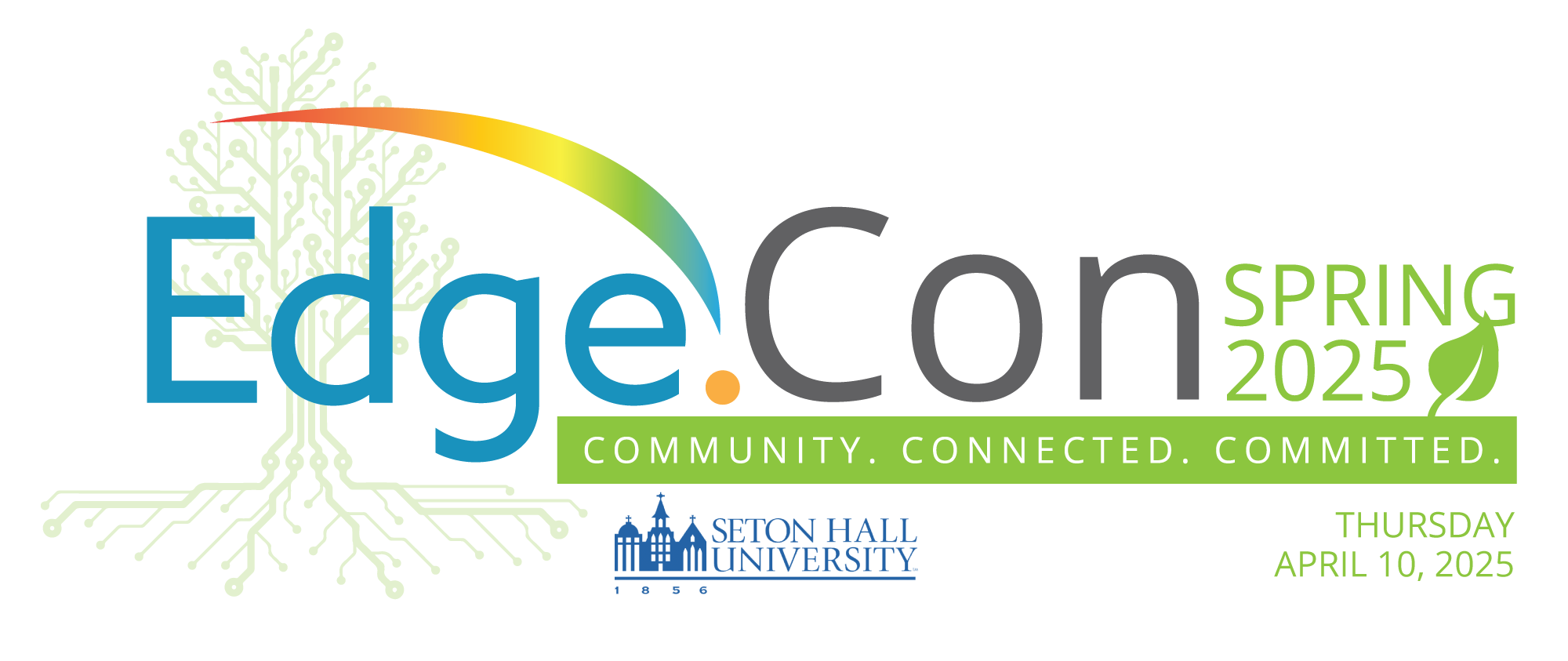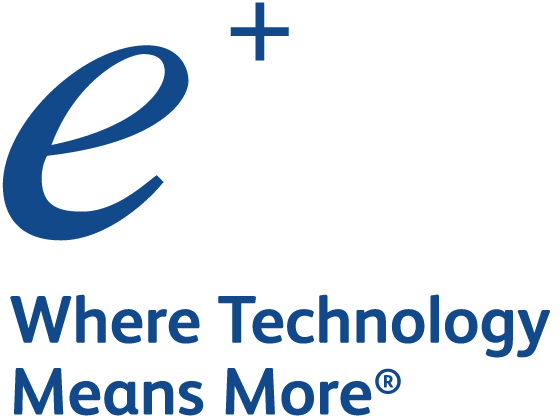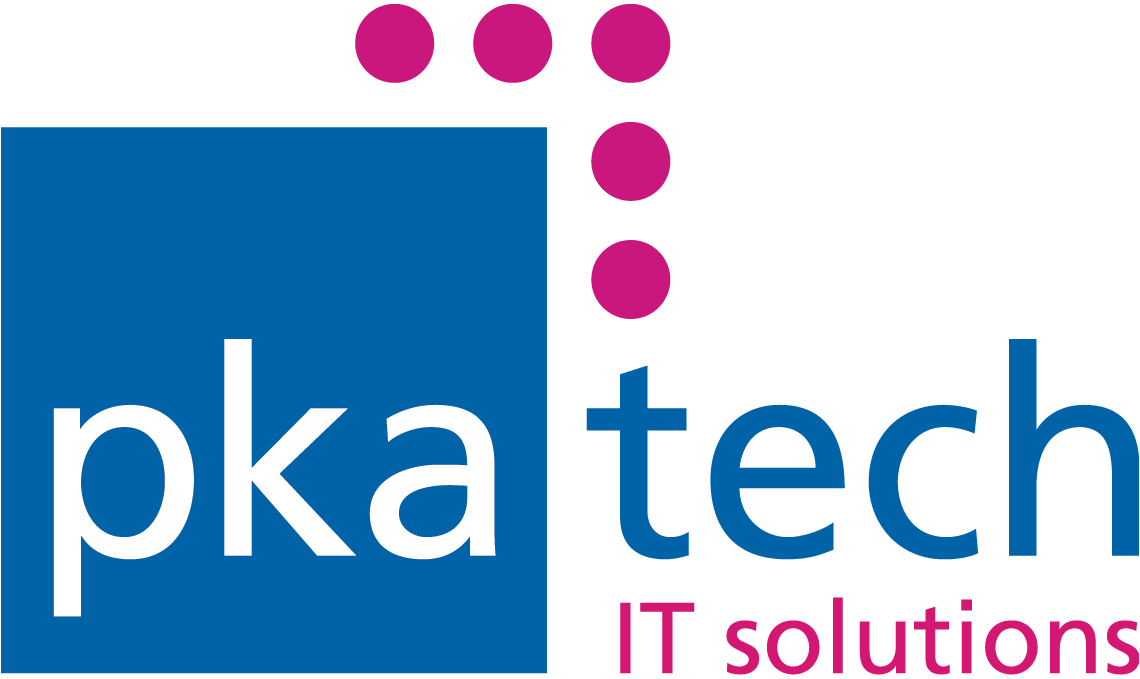
- This event has passed.
EdgeCon Spring 2025

EdgeCon Spring 2025
Date: April 10, 2025
Time: 9 am - 5 pm
Attendee Ticket: $49
Event Location:
Seton Hall
EdgeCon Spring 2024
Excelling in a Digital Teaching & Learning Future
In partnership with The College of New Jersey (TCNJ), Edge hosted EdgeCon Spring on April 18 at TCNJ’s scenic campus in Ewing Township, New Jersey. With a theme of Excelling in a Digital Teaching & Learning Future, the event was a big hit with attendees with 92% giving EdgeCon Spring "Excellent or Very Good" ratings and 100% responding "Definitely or Likely" to attend a future EdgeCon. Throughout the event, attendees had the opportunity to engage with a growing community of digital learning professionals while discovering innovative solutions to help their institutions solve today’s biggest digital learning challenges. The event also featured a keynote speaker, breakout sessions, and industry leading vendors from across the academic enterprise.
Exploring the Evolving AI Landscape
The day’s events began with an exciting session entitled, AI and the New Era of Learning: How Higher Education Must Respond. Keynote speaker, C. Edward Watson, Ph.D., Associate Vice President for Curricular and Pedagogical Innovation and Executive Director of Open Educational Resources and Digital Innovation, American Association of Colleges and Universities (AAC&U), entertained and intrigued attendees with an exploration of the evolving AI landscape and the companion challenges and opportunities that are emerging for higher education.
Conference Agenda
8:00 a.m. - 8:30 a.m. — Check In / Registration
8:30 a.m. - 9:30 a.m. — Exhibitor Networking & Breakfast - Taking place in University Hall Event Room
9:40 a.m. - 10:20 a.m. — Breakout Session 1
10:30 a.m. - 11:10 a.m. — Breakout Session 2
11:20 a.m. - 12:30 p.m. — Keynote Panel - Taking place in Bethany Hall, B/C
12:30 p.m. - 1:30 p.m. — Exhibitor Networking & Lunch
1:40 p.m. - 2:20 p.m. — Breakout Session 3
2:30 p.m. - 3:10 p.m. — Breakout Session 4
3:10 p.m.- 4:00 p.m. — Coffee & Connections: Exhibitor Networking
Member Awards & Keynote Panel, Bethany Hall B/C: 11:20 am-12:30 pm
EdgeCon Panel Discussion:
Visions for Online Learning: Evolving Strategies & Institutional Growth
As online learning continues to evolve, institutions must adapt their strategies to meet shifting student expectations, market demands, and technological advancements. This panel brings together higher education leaders to explore innovative approaches to online learning that drive institutional growth and long-term success. Panelists will discuss emerging trends, the role of data and AI in shaping digital learning experiences, strategies for scaling programs sustainably, and the balance between quality, accessibility, and financial viability. Attendees will gain valuable insights into how institutions are redefining their online learning strategies to expand access, improve student outcomes, and remain competitive in an evolving educational landscape.
Panelists:

Michael Ciocco, PhD
Associate Vice President of Online Learning, Rowan University

John F. O'Callaghan, Jr.
VP for Transformational Learning & Chief Online Officer, Kean University

Moderator:
Joshua M. Gaul, Ed.D. (c)
AVP & Chief Digital Learning Officer, Edge
VIP Sponsors


Exhibitor Sponsors










